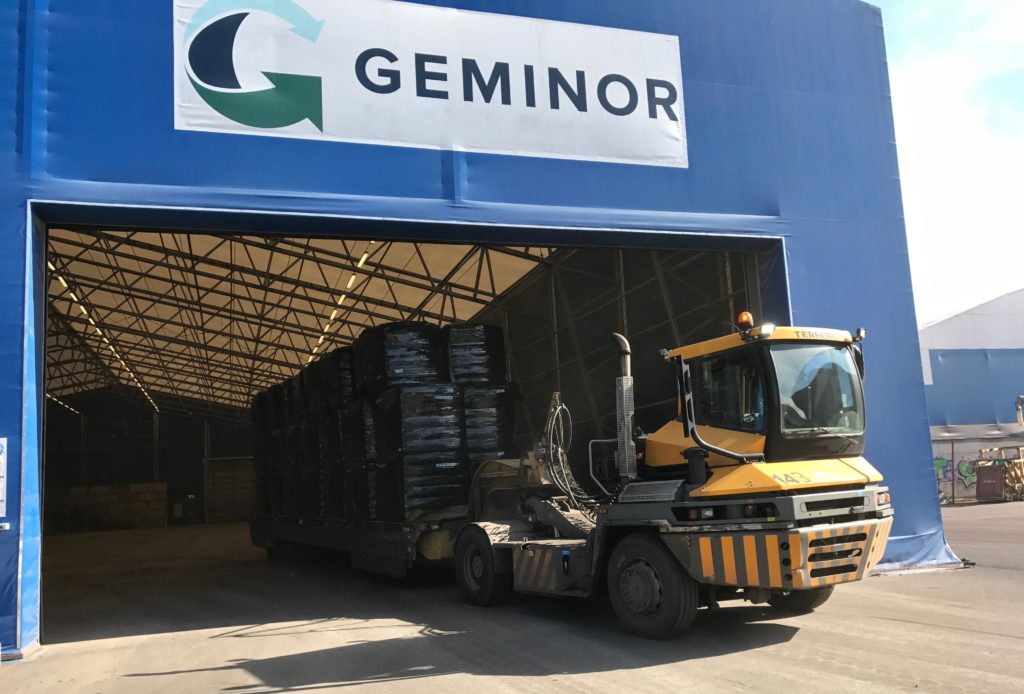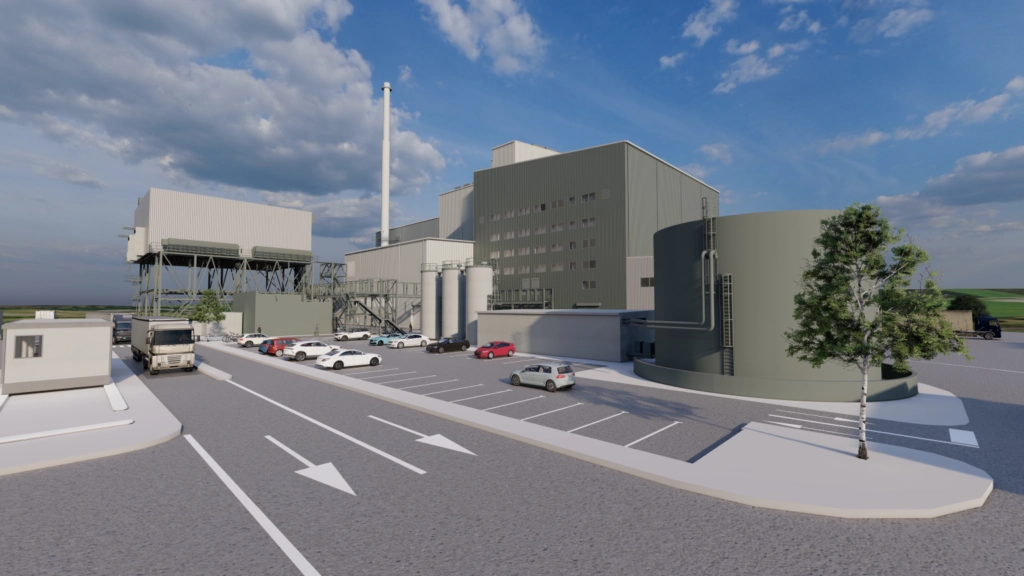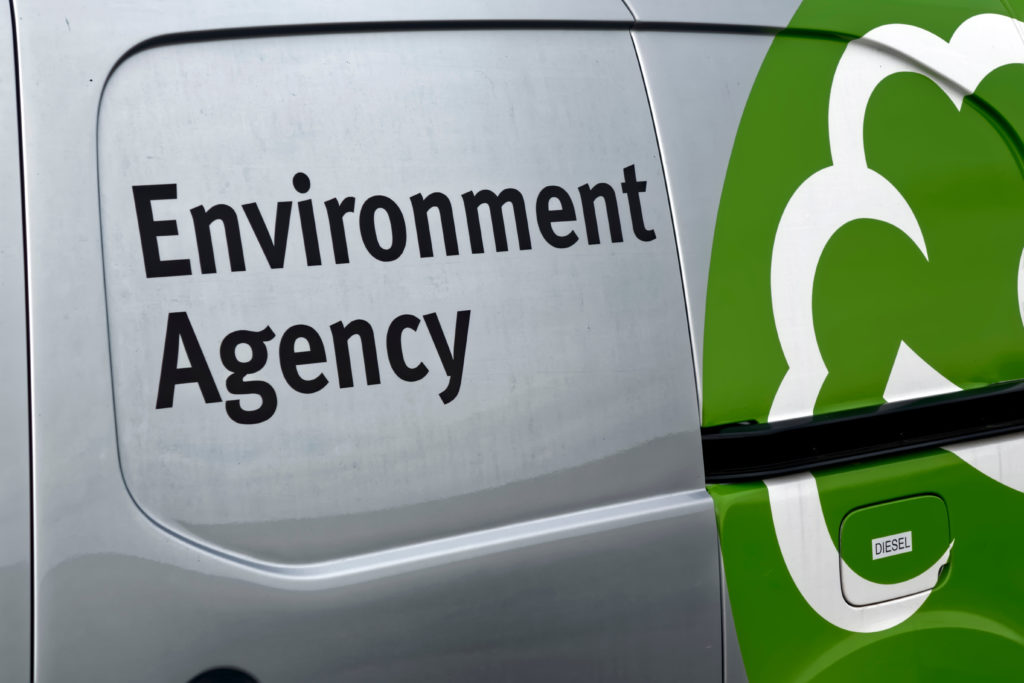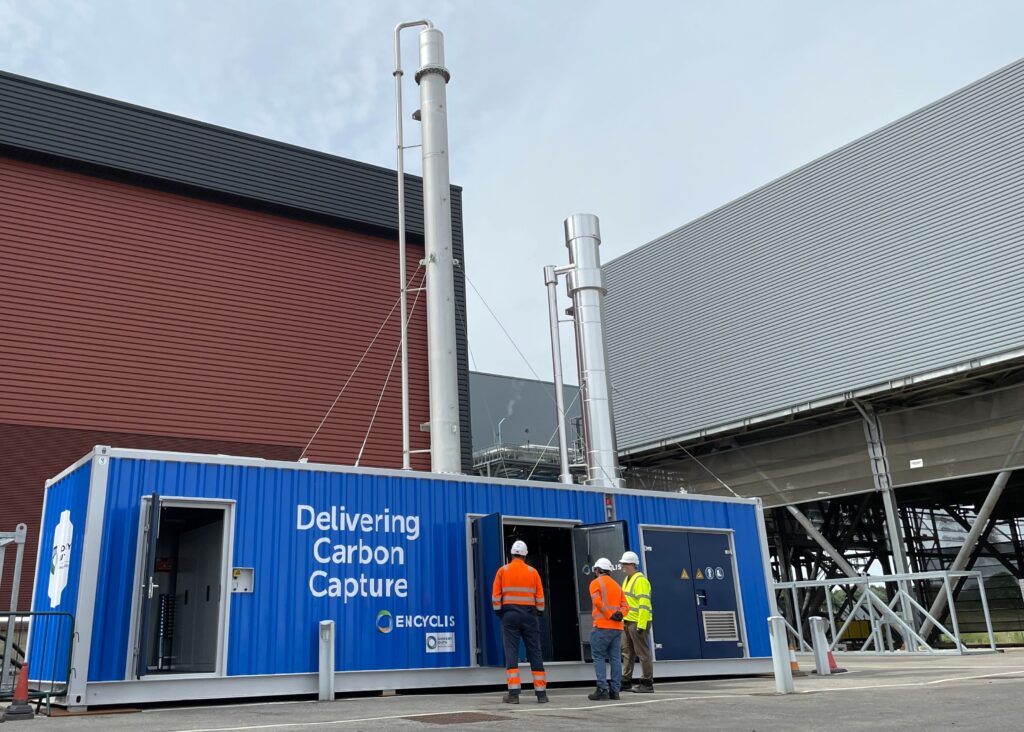Some have said RDF will be important as the focus grows on energy from waste (EfW) emissions, while others say there are still millions of tonnes which need dealing with.
Data published on 9 August by environmental consultancy Footprint Services showed a continued decline of RDF exports year-on-year (see letsrecycle.com story).
England exported just 1.63 million tonnes between January and June 2021, considerably lower than the 2.17 million tonnes in the same period last year. This was already a decline from the 2.96 million tonnes exported in the year to June 2019.
This has been put down to falling commercial waste volumes from the Covid-19 pandemic, import taxes and difficulties in exporting post-Brexit.
And, with more EfW plants coming online, some have questioned if RDF will have a future in the UK once capacity increases.
Progressive
Waste fuel specialist Geminor — which exported around 250,000 tonnes in 2020— says there are a number of key reasons why RDF still has a strong future in the UK, particularly as it is a more “progressive fuel”.
A spokesperson explained that RDF is more “progressive” than thermal recovery because the waste processed extracts recyclables such as metals, organics wood and plastics This makes it “stack up” in terms of emissions against traditional EfW.
They explained: “We see significant regulatory measures across Europe to drive this trend already and we expect this trend to continue.
“Over the coming years Geminor will work to remove more plastic from the EfW feedstock, via pre-processing of fuel to RDF.
“This will also deliver benefits to the EfW operator, such as that the feedstock has a lower carbon content and also that the calorific value of the inbound fuel is also reduced by the removal of the plastic content. A win/win for fuel supplier and EfW operator.”
Demand
On market demand, the spokesperson added: “There are some national markets that are dependent upon the import of RDF to fuel existing heat and power producing infrastructure particularly in the winter season.
“This demand will continue for the foreseeable future, only ending if capacity is taken out, fuel type changed or generation method changed. Consequently, there will be a consistent demand for the offtake of RDF and undoubtedly this market can compete with UK facilities on price if it needs to.”
Geminor added that EfW downtimes and drops in fuel demand can also be problematic for waste producers, while from a contingency perspective, “Geminor always works with its clients, public and private sector alike, to operate a number of routes to market”.
Companies
Footprint Services’s data, sourced from the Environment Agency, shows that the company to export the most RDF from England in the year to June 2021 was Geminor, at 237,000 tonnes.

Andusia was one of few companies to report a growth in tonnage, which at 166,000 tonnes was 17% up year on year.
Steve Burton, director of Andusia, said he was pleased his company could “buck the trend”, and agreed with Geminor that progress will be made in the coming months.
He said: “The market has changed for a number of reasons: Dutch tax, Brexit, Covid, more UK facilities particularly attracting the tier 1’s and more waste being supplied from other landfill counties.
“Demand still exists and so does supply, at least until the UK EfW infrastructure is in place.
“There are several drivers in the market, some will disappear and some will remain. The problem is that when they all fall at once, who knows what the dominant driver is?”
“Assuming waste production volumes remain the same, we will need to find alternative treatment for around 6.5 million tonnes of municipal solid waste from England alone” – Andrew Gadd, Footprint Services
Market
Andrew Gadd of Footprint Services explained to letsrecycle.com that there was still enough waste needing processing in England to make the RDF market viable.
He said Environment Agency figures show that 35.4 million tonnes of municipal solid waste was produced in England in 2019, with around 10 million tonnes of that was recovered via EfW and a similar amount was received at landfill sites.
Mr Gadd continued: “There is a UK obligation that, by 2035, the amount of municipal waste landfilled is reduced to 10% or less of the total amount of municipal waste generated (by weight). Currently, it stands at closer to 30%. Therefore, by 2035, assuming waste production volumes remain the same, we will need to find alternative treatment for around 6.5 million tonnes of municipal solid waste from England alone.”
He added that the total produced waste volumes are predicted to fall over time as we become more waste-aware or smarter solutions are found, but the UK has reached a point where recycling rates have reached a “stubborn plateau, as have landfill volumes”.








Subscribe for free